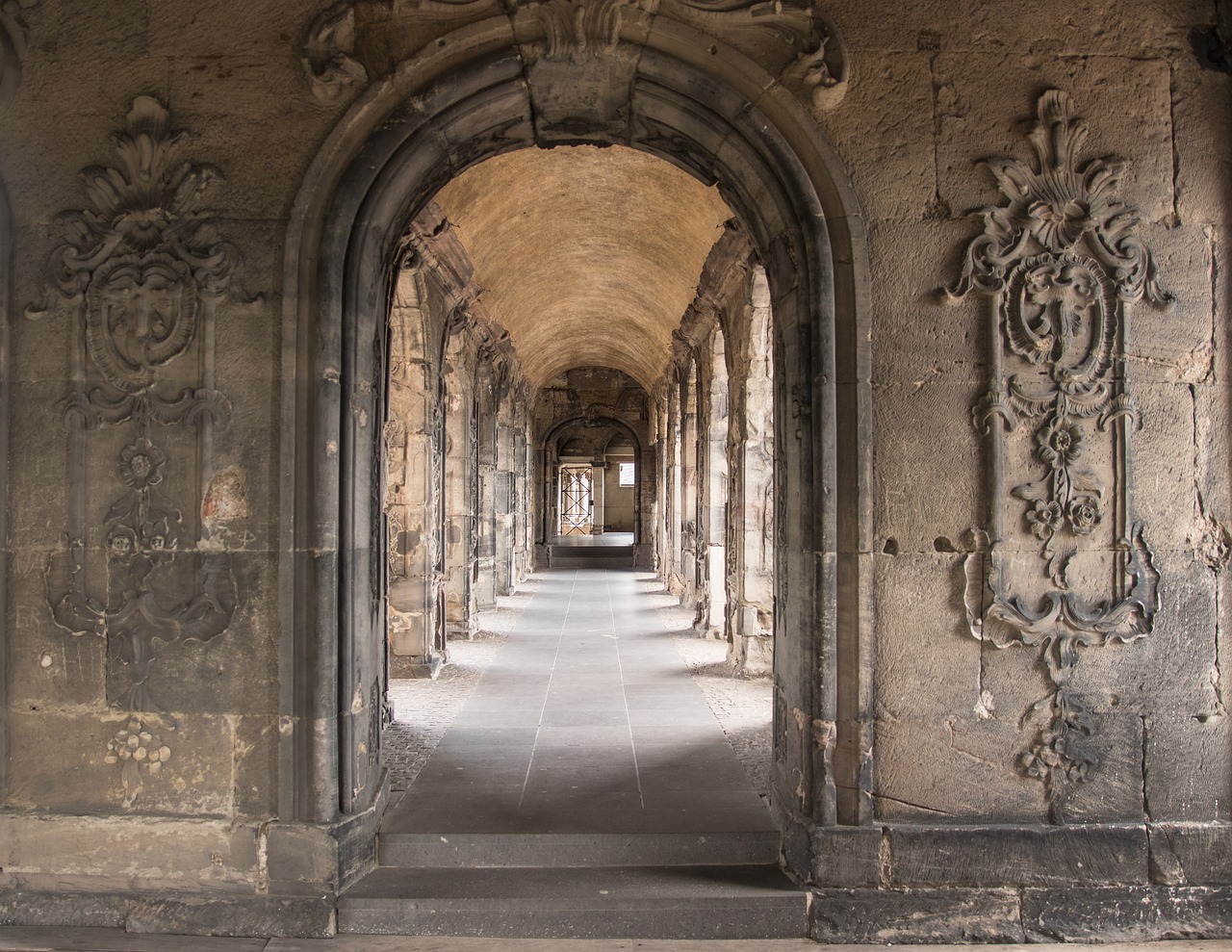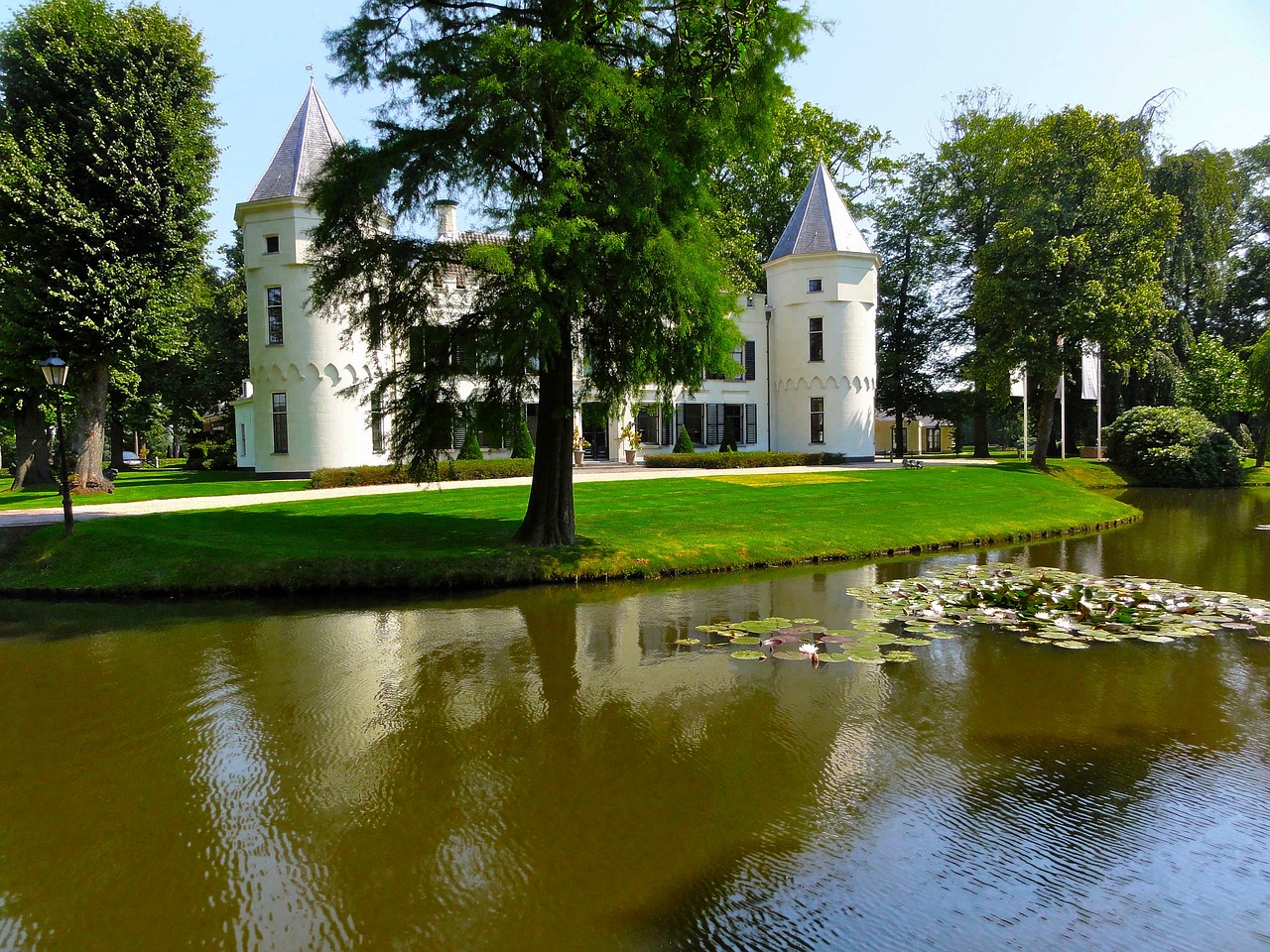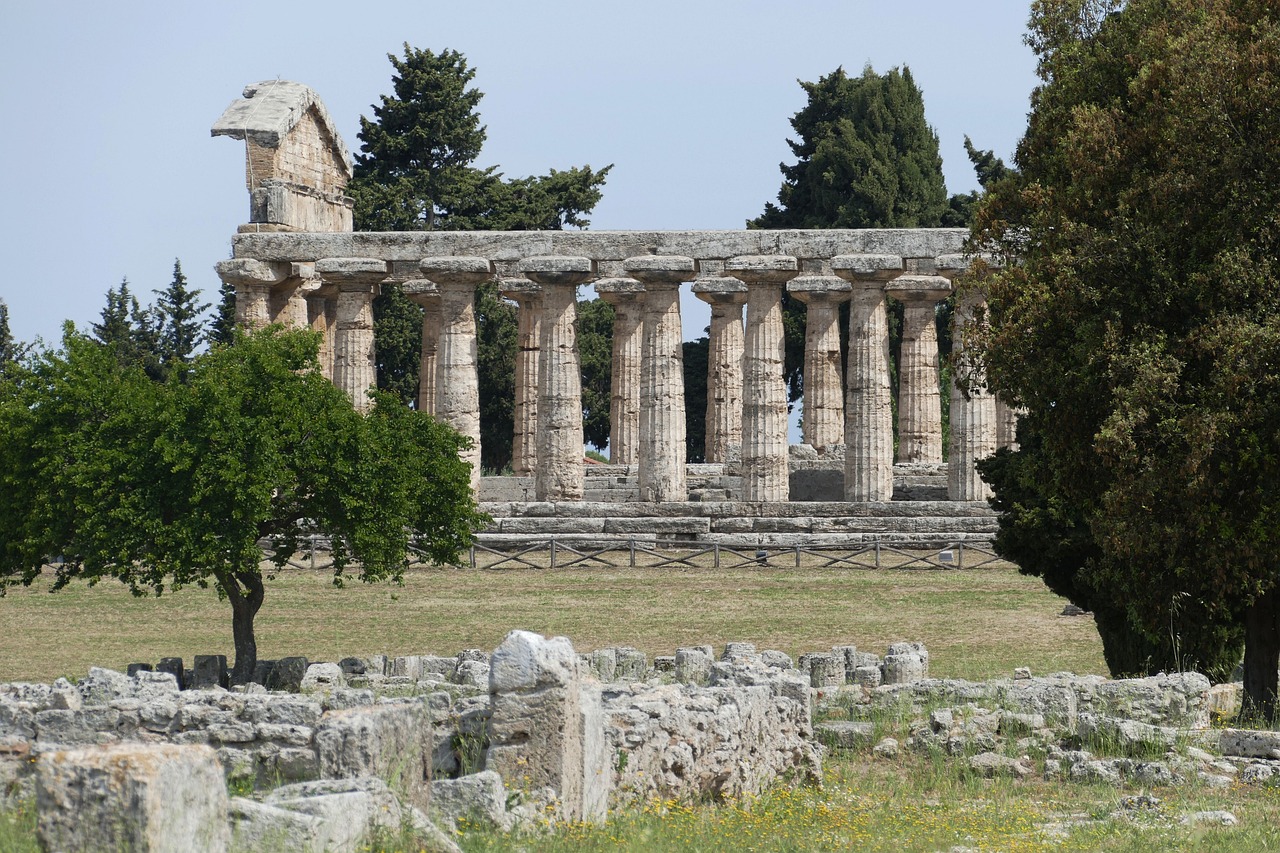Mythology
-

Roman religion encompasses the beliefs, practices, and rituals practiced by the inhabitants of the Italian Peninsula from prehistoric times until the rise of Christianity in the 4th century CE, a period referred to as Classical antiquity. Cicero, the prominent orator and politician, asserted that the Romans excelled others due to their distinctive wisdom, acknowledging that…
-

The Significance and Evolution of Christian Faith Why is faith, known as pistis or fides in the classical languages, vital to Christians? What does it signify, and how was it practiced within early Christian communities? Are the concepts of Christian faith fundamentally different from the divine-human pistis/fides found in Greek, Roman religions, or ancient Judaism,…
-

The Lares, revered spirits of the deceased in ancient Roman culture, held a pivotal role in domestic worship. Their observance originated from the practice of interring ancestors within homes—a tradition that continued until disallowed by the Twelve Tables. Each household was assigned a lar familiaris, a protective spirit who safeguarded the family’s lineage. This figure,…
-

Terminus: The Roman Protector of Boundaries In Roman mythology, Terminus stands as the deity presiding over boundary markers that define the edges of properties and communities. The very name of Terminus derives from the Latin word for boundary stone, illustrating the explicit connection between the god and these significant markers. Romans considered the placement of…
-

Welcome to another chapter in our series, “Deities of Good Fortune.” Previously, we examined figures such as St. Anthony, Ekeko, Lakshmi, Mami Wata, and the Seven Lucky Gods. Today, we turn our focus back to the ancient Roman world and explore the intriguing Roman Goddess known as Fortuna. In our exploration, we must acknowledge the…
-

In the northwestern district of suburban Cairo, beneath 20 meters of earth, lies ancient Iwn, a city intertwined with both development and historical enigma, renowned for its role in the mythology of creation. Known to the Greeks as Heliopolis, the “City of the Sun-God,” and referred to by Arabs as Ain-Shams, or “Eye of the…
-

Roman religion, also referred to as Roman mythology, encompasses the beliefs and rituals observed by the inhabitants of ancient Italy from the early days until the rise of Christianity in the 4th century CE. This era is categorized as Classical antiquity. Nature and Importance According to Cicero, a notable orator and politician, the Romans possessed…
-

The Protector of Boundaries: Terminus Terminus, revered as the Roman deity of boundaries, represented the stones known as termini that defined property lines. This worship dates back to King Numa, where rituals were held at these boundary markers. Community members gathered during the ceremony, wherein the designated spot for the stone was consecrated with the…
-
Apophis: The Eternal Adversary of Ra In ancient Egyptian mythology, Apophis, or Apep, embodies the chaotic forces that oppose the sun god Ra. This Great Serpent represents a significant threat, aiming to extinguish Ra’s light and disrupt the cycle of day and night. Ra’s solar barge would navigate the sky from morning till evening, descending…
-

The Role of Poseidon in Greek Mythology Poseidon, known by the Romans as Neptunus, is a prominent figure in Greek mythology, revered as the Olympian god of the sea, horses, earthquakes, and storms. He is typically represented as a robust, bearded man grasping a trident—a symbol of his dominion over water. Mythical Accounts The mythology…


